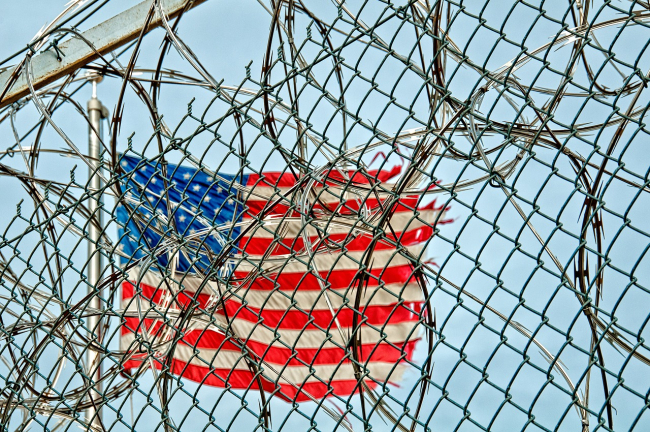3260 publications
Sentencing Reform in the United States
Since the 1980's the incarceration rate in the United States has climbed to unprecedened levels. Today, the United States incarcerates a higher proportion of its population than any other country in the world. Activists have long called for sentencing reform, recognizing the criminal justice system's racial bias and failure to rehabilitate. President Obama's recent call to action propelled the debate on the issue forward at an unprecedented pace but will proposed reforms be enough to end mass incarceration ?
China in Asia: What is behind the new silk roads?
The Asia-Pacific region is now more than ever a priority for China’s foreign policy. The combined economic, energy and security interests concentrated in the region are of key importance for Beijing.
Russia’s New Energy Alliances: Mythology versus Reality
This brief paper analyzes the energy relations between Russia and its “new” energy partnerships – with China and Turkey – that the Kremlin tends to publicly promote as an alternative to energy relations with the West.
Rethinking the Confederate Legacy
The battle flag of General Robert E. Lee’s famed Army of Northern Virginia, commonly known as the Confederate Flag or the Southern Cross, has become the symbol of the 1861-1865 Southern secession and the most widespread sign of Southern regional identity. Today it can be found flying across the South and on everything from clothing to bumper stickers.
China and Africa: the Honeymoon is Over
For the new geopolitical reality called “Chinafrica”, the future may not be destined to be as radiant as the official win-win rhetoric would have us believe. Although the beginning of the century was notable for the exponential development of Sino-African trade (which grew from $10 billion in 2000 to $210 billion in 2013), a series of emerging problems seem to be signalling that the Sino-African honeymoon is over and that we are back with the harsh realities of the globalised economy.
Best friends, eh? The Arctic, Keystone XL and the Canada-United States Relationship in 2015
Canada and the United States enjoy one of the most fruitful relationship in the world. Yet, several points of contention have appeared in recent years over the Northwest Passage and, more importantly, the Keystone XL pipelines. Such disagreements must be analyzed in order to fully grasp the state of the bilateral relationship in 2015.
Tyskland - stormakt mot sin vilja?
In this article our research fellow Barbara Kunz summarises the broad outlines of German foreign policy to the Swedish public.
L'opération Serval à l'épreuve du doute : vrais succès, fausses leçons
The deployment of French forces to Mali in January 2013 with the objective to counter the offensive of jihadist groups from Northern Mali, demonstrated the French armed forces’ ability to deploy on a very short notice and to conduct a long-distance expeditionary operation by themselves in spite of their limited strategic capabilities.









